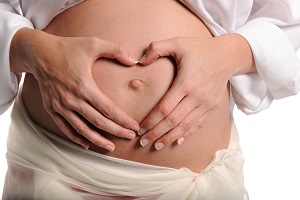According to a study by the University of Aberdeen, about 1 in 6 women conceive naturally after failed IVF cycles. The researchers analyzed data from 2,133 women who had undergone treatments between 1998 and 2011. Of these, around 1,073 had failed to have a child with assisted reproduction. Yet 17% of them became pregnant in the following 5 years.
Dr. David McLernon explains that IVF is a laborious experience, both physically and psychologically. Failure of cycles can be a blow to couples, but they should not lose heart. The study proves that the chances of conceiving are there even when everything seems lost. The study in question is one of the first to examine the issue and is the largest on the subject. Previous studies have always involved a limited number of people, relying so much on interviews and little on objective data. An important gap, which McLernon and his team have filled.
The theme affects thousands of couples in the UK alone. The fertility treatment cycles are around 75,000 each year, 70,000 of which are in vitro fertilization. In women under 35, the success rate is around 29%. In women between the ages of 35 and 37 it is around 24% and in those over 38 it drops to 17%. Among those over 44, the success rate is around 3%.
Source: independent.co.uk
















